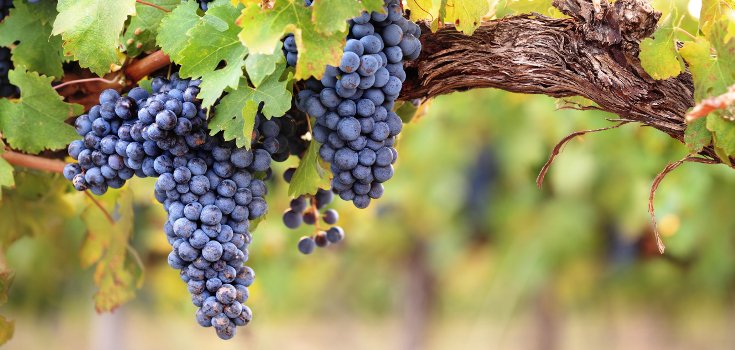Victory: French Wine No Longer Forcibly Sprayed with Pesticides

What if your favorite wine maker was convicted and fined for refusing to spray harmful pesticides on his vineyards? That’s exactly what happened to Emmanuel Giboulot, a wine producer whose vineyard rests in the famous green hills of the Burgundy region of France. He was one of many farmers who were forced to spray pesticides on their vines in the spring of last year to protect them against a leaf-hopping insect.
Giboulot’s vineyard was not threatened by flavescence dorée, also known as Golden Rot – the disease spread by the Scaphoideus titanus insect, yet he was told to spray anyhow. Other farmers that were supposed to refuse spraying with him in an act of solidarity turned their backs on him and even argued that he was threatening the entire Burgundy region, one of the most prestigious wine-making areas in the world.
Giboulet had no intention of threatening the Burgundy region or his own vineyards, and claims that if there had been an actual threat, he would have considered using pesticides, but that no one was going to force him to spray on a ‘knee-jerk’ whim. He knew that pesticides were not only bad for the taste of his wine, but also devastating to human health.
An appeal’s court in France has now ruled in his favor, and as such, there is no Golden Rot pandemic in France – so Giboulet’s refusal to spray was completely justified.
The court found the senior national government administrator had acted illegally by ordering all Burgundian vineyards to be sprayed when there was no clear threat.
In the meantime, though there are organic vineyards scattered around the country in the US, over 50 toxic chemicals are used to grow grapes used for wine in and around Sonoma County, California.
Americans and Europeans; however, are arguing over the definition of organic wine, since Europeans allow added sulfites, and US organic wine makers do not. According to Wine Spectator:
“If we could put everyone into the same category who is using 100 percent organic grapes, there could have been about 800 more winemakers around the world who could get into the U.S. market and use the USDA Organic seal,” said Paolo Bonetti, president of Organic Vintners, a Colorado-based importer who feels the National Organic Program’s labeling regulations for wine are confusing consumers and stunting growth. “With more volume, it would be easier for retailers to devote a section to organic wines.”
